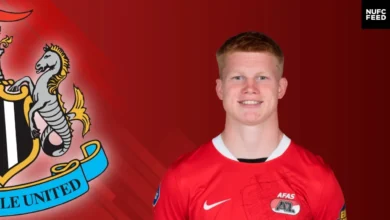“Newcastle United ‘Paving the Way’ for PIF as Two Premier League Rivals Set to Benefit from £1.2bn Bailout”
"Who Would Consider Buying a Premier League Football Club? This Was the Question Many Fans Asked When the Saudi Public Investment Fund (PIF) Acquired Newcastle United in October 2021."
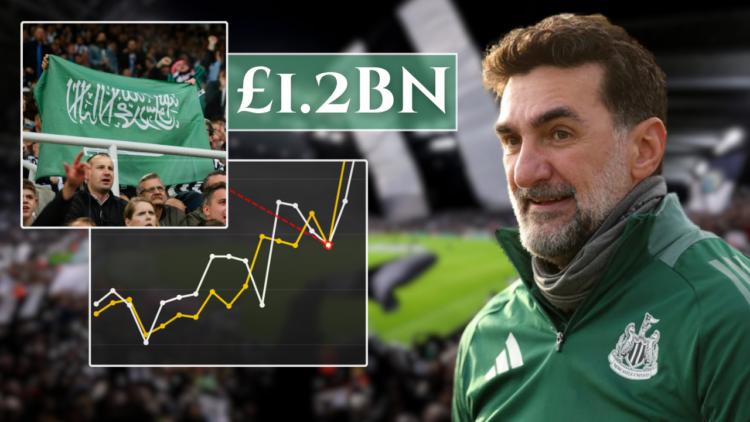
During the last financial year, Premier League clubs reported operating losses exceeding £1 billion.
Among them, Newcastle United, following its acquisition by the Public Investment Fund (PIF) of Saudi Arabia, has incurred losses amounting to nearly £150 million.
Furthermore, since the takeover, PIF has injected over £300 million into the club through equity, with a recent share issue worth approximately £15 million occurring just weeks ago.
If PIF opts to finance the redevelopment of St James’ Park or constructs an entirely new stadium, the total investment could climb by an additional £1 billion.
The sovereign wealth fund claims that it views Newcastle as a business investment within its vast £750 billion portfolio.
However, the key question remains: when, if ever, do they expect to see a return on this significant investment?
Traditionally, there are three main ways football club owners can make a profit:
1. Dividends: Taking a share of the club’s profits.
2. Loans with interest: Lending money to the club and earning returns through interest payments.
3. Resale value: Selling the club at a higher price than the original purchase.

Newcastle’s current strategy suggests that long-term profitability is not a priority.
The club is operating at the maximum spending allowed under Profit and Sustainability Rules (PSR).
This financial model, focused on competitive investment, makes it nearly impossible to generate consistent profits.
As for the second option—loans—this does not align with PIF’s approach. Islamic finance prohibits traditional interest-bearing loans, and PIF’s focus lies in asset appreciation rather than income through lending.
This leaves the possibility of eventually selling Newcastle for a higher price than the £305 million they paid in 2021.
In summer 2023, Amanda Staveley’s PCP Capital Partners sold its remaining shares in the club back to PIF for £60 million, valuing Newcastle at £1 billion.
However, whether such a valuation would hold in the market is debatable.
To justify a £1 billion price tag, Newcastle would need to consistently qualify for the Champions League.
While manager Eddie Howe has exceeded expectations on a limited budget, sustaining this success under PSR constraints remains challenging.
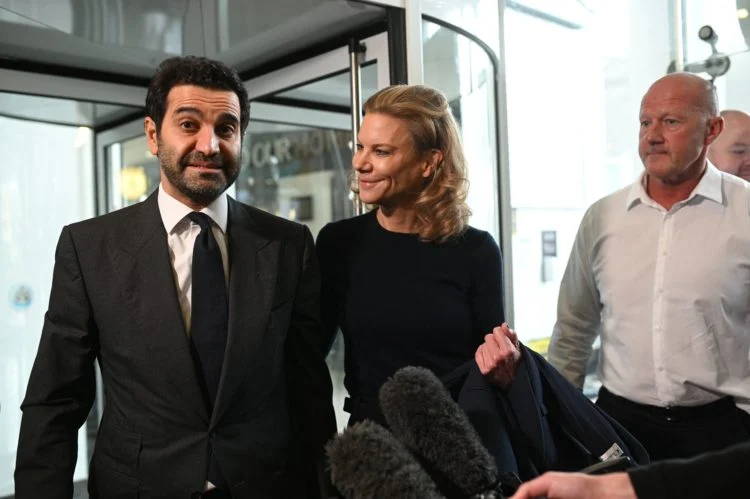
Even if the club could attract buyers at this valuation, PIF’s cumulative investment—currently around £600 million and expected to grow significantly due to infrastructure spending—would mean a £1 billion sale would not yield a profit.
Even a theoretical £500 million profit on the sale would be inconsequential for PIF, given their vast resources.
This modest return is unlikely to captivate PIF Governor Yasir Al-Rumayyan, a key figure in global business, who has taken a hands-on role as Newcastle’s chairman.
If financial gains are not PIF’s primary objective, what drives their investment? While “sportswashing”—using sports to improve Saudi Arabia’s global image—is undeniably a factor, it does not entirely explain their involvement.
Recent developments in the sports business world may provide additional insight into PIF’s broader strategy.
In late 2023, reports emerged suggesting that PIF was in discussions to invest in DAZN, a London-based sports streaming service.
While PIF initially denied these rumors, highly reliable sources indicate that they are now close to injecting around £820 million into DAZN for a significant minority stake.

This news raised eyebrows, particularly within the Premier League, as DAZN owns broadcasting rights for the competition in Spain and Portugal, creating potential conflicts of interest given Newcastle’s PIF ownership.
DAZN has also expressed interest in acquiring Premier League domestic broadcasting rights, which were valued at nearly £6 billion in the last auction.
These rights constitute the bulk of Premier League club revenues.
If PIF secures a stake in DAZN, their influence in the sports broadcasting market would expand significantly, raising questions about how Newcastle fits into this strategy.
Football finance expert Kieran Maguire, a lecturer at Liverpool University, believes Newcastle serves as a “loss leader” for PIF, opening doors for more lucrative ventures in sports and media. Maguire explains:
“Football clubs often act as loss leaders that allow owners to gain influence and access other profitable markets.
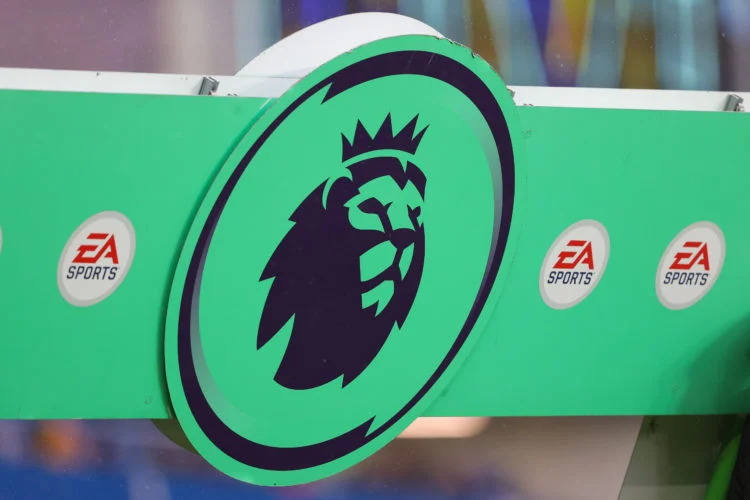
For PIF, Newcastle provides a platform to engage with fans and leverage their passion. This value offsets the financial losses the club incurs.”
He also highlights the strategic value of Premier League broadcasting rights, which continue to grow in importance.
“Investing in broadcasting now, with the industry set for significant technological advancements like immersive tech, positions PIF to capitalize on future opportunities.”
DAZN itself operates at a considerable loss, with a £1.2 billion deficit reported last year.
Despite this, the company continues aggressive expansion, recently acquiring Australian cable TV giant Foxtel for £2.7 billion.
PIF’s involvement in DAZN could indirectly benefit Newcastle’s rivals, such as Chelsea and Manchester City, by increasing broadcasting revenue shared among Premier League clubs.
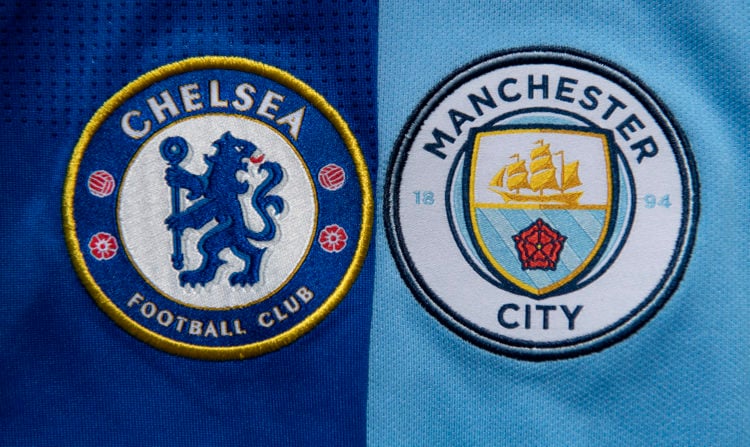
This broader context suggests PIF’s ambitions in football extend far beyond Newcastle.
Owning the club helps establish credibility and influence within the sports ecosystem, facilitating investments in other areas like media rights.
For PIF, Newcastle is part of a larger, long-term strategy aimed at enhancing Saudi Arabia’s global presence and securing high-value assets in industries poised for growth.
In conclusion, Newcastle United represents only one piece of PIF’s expansive vision. The club’s financial losses and lack of immediate profitability appear secondary to the broader strategic advantages it provides.
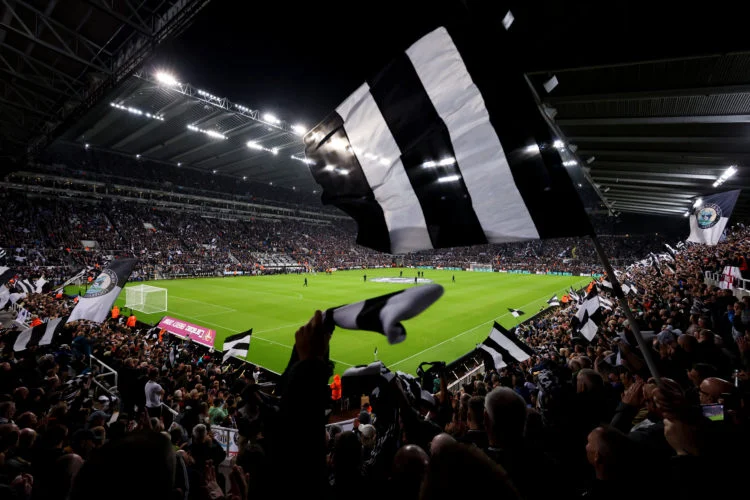
From leveraging fan passion to gaining influence in the lucrative world of sports broadcasting, PIF’s investment in Newcastle reflects a calculated move to position itself at the heart of global sports and media markets.
While success on the pitch remains a key goal, the Saudis’ ambitions stretch far beyond St James’ Park.



